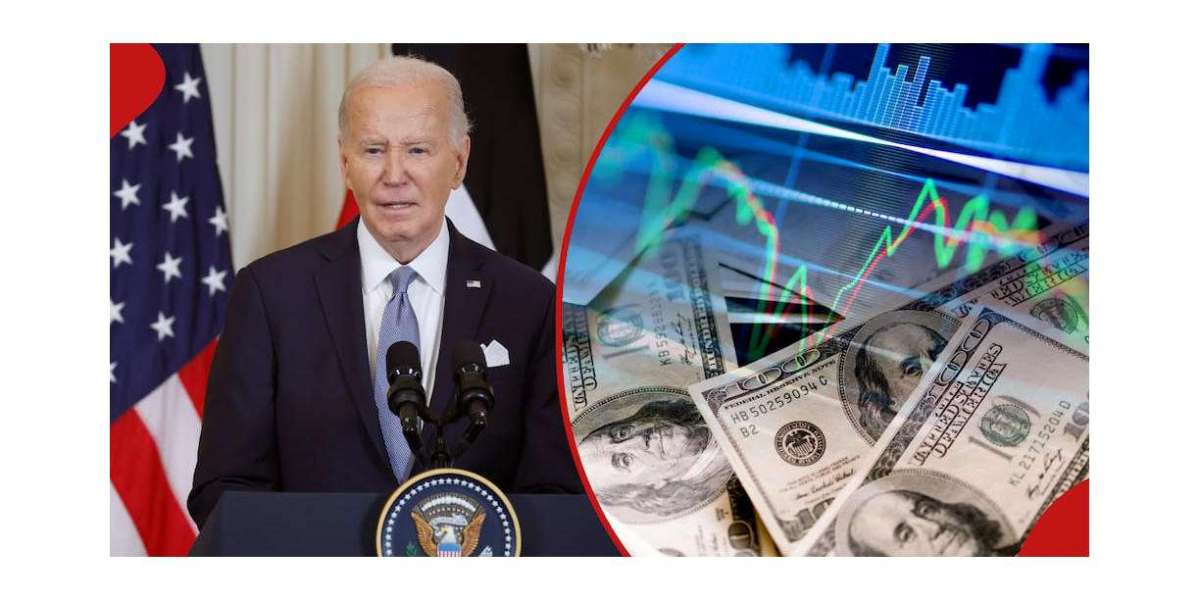The Nigerian Naira has experienced a significant depreciation in the parallel market, with the exchange rate reaching ₦1,630 per US dollar as of May 30, 2025. This marks a notable decline from previous rates, reflecting ongoing challenges in the country's foreign exchange dynamics.
This depreciation is part of a broader trend observed over the past year. For instance, in July 2024, the Naira was trading at ₦1,515 per dollar in the parallel market. By August 2024, it had weakened further to ₦1,600 per dollar. These fluctuations highlight the persistent pressures on the Naira, influenced by factors such as limited foreign exchange supply and economic reforms.
In response to the Naira's volatility, the Nigerian government has implemented various measures aimed at stabilizing the currency. One such initiative includes cracking down on the cultural practice of "spraying" money at social events, which authorities view as contributing to currency misuse. The Economic and Financial Crimes Commission (EFCC) has been enforcing laws against this practice, imposing fines and potential jail sentences for offenders.
Despite these efforts, the Naira's depreciation continues to impact the Nigerian economy, affecting import costs, inflation rates, and the overall cost of living. The Central Bank of Nigeria and other financial authorities are closely monitoring the situation, exploring additional strategies to enhance foreign exchange liquidity and restore confidence in the Naira.







